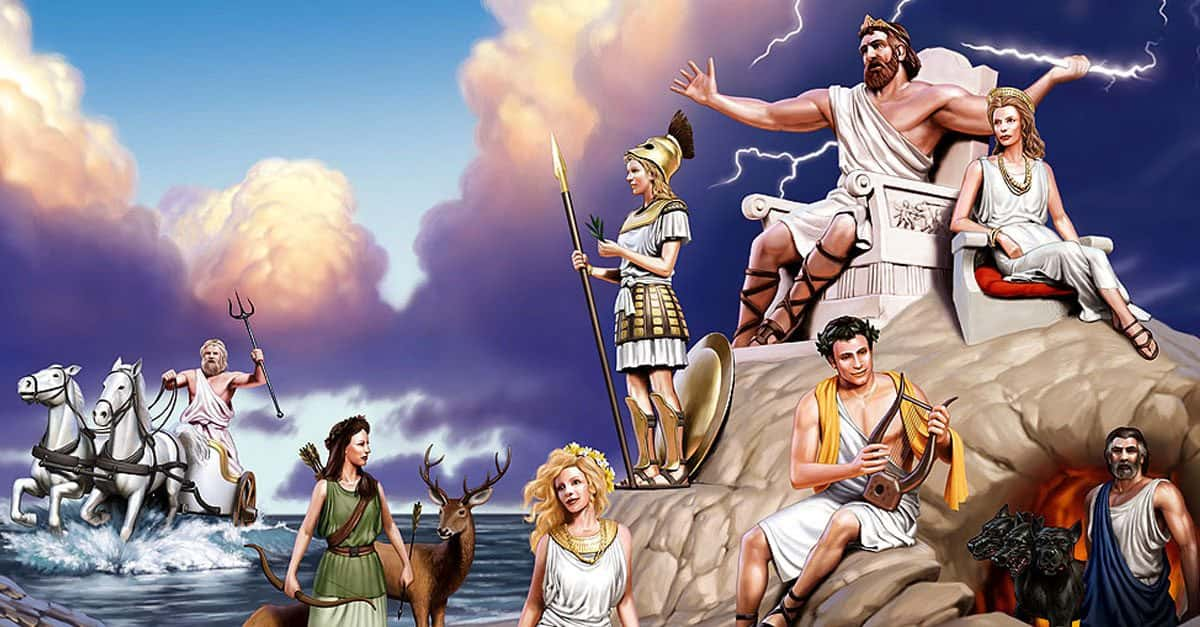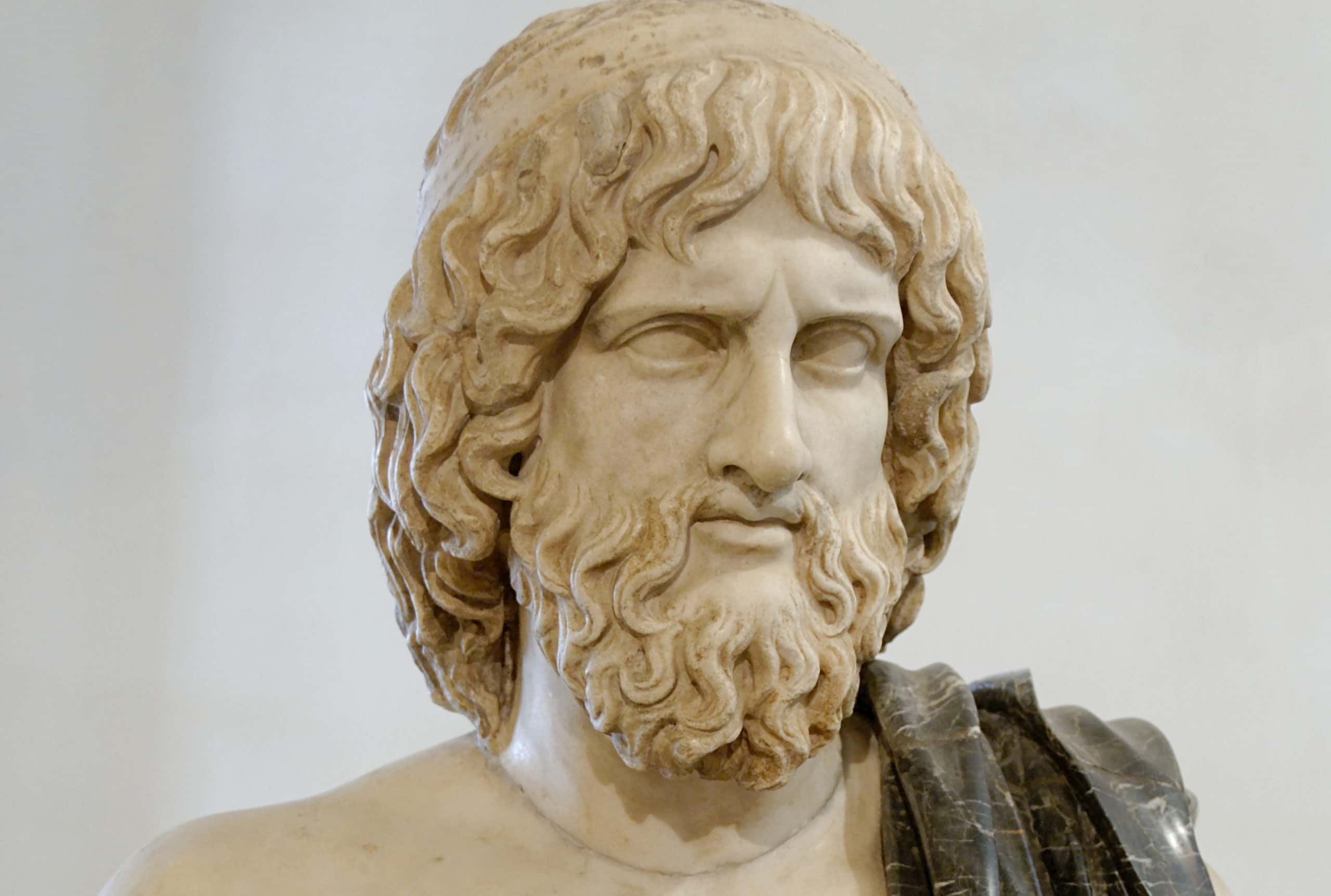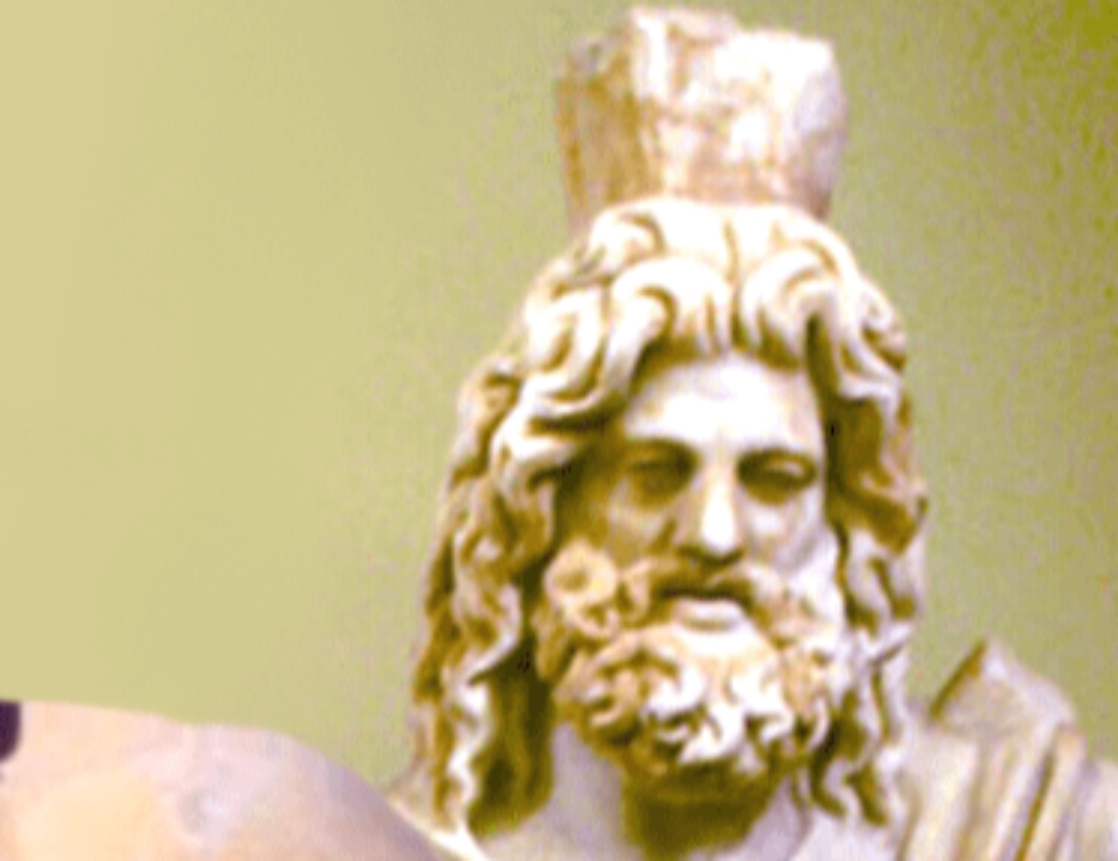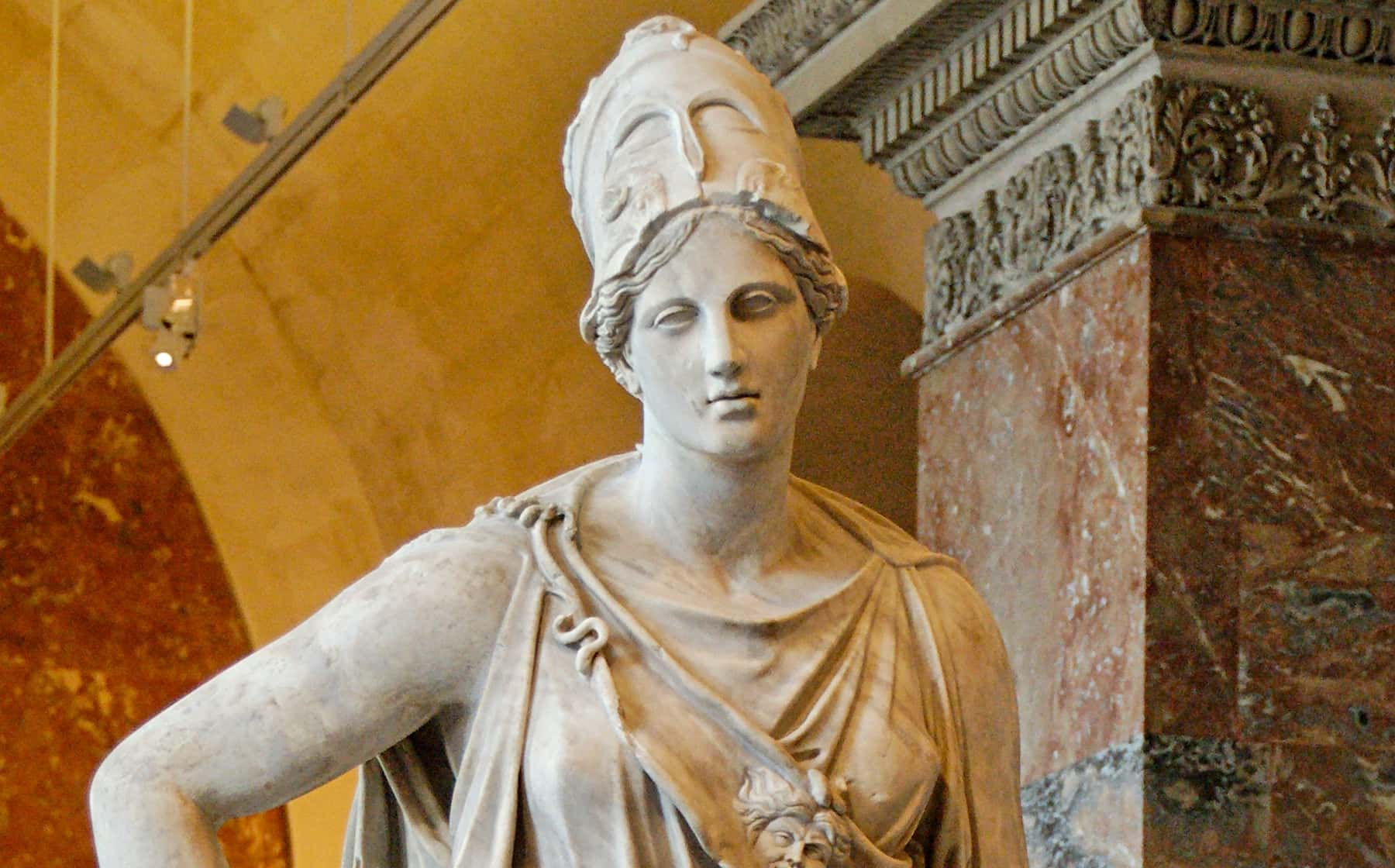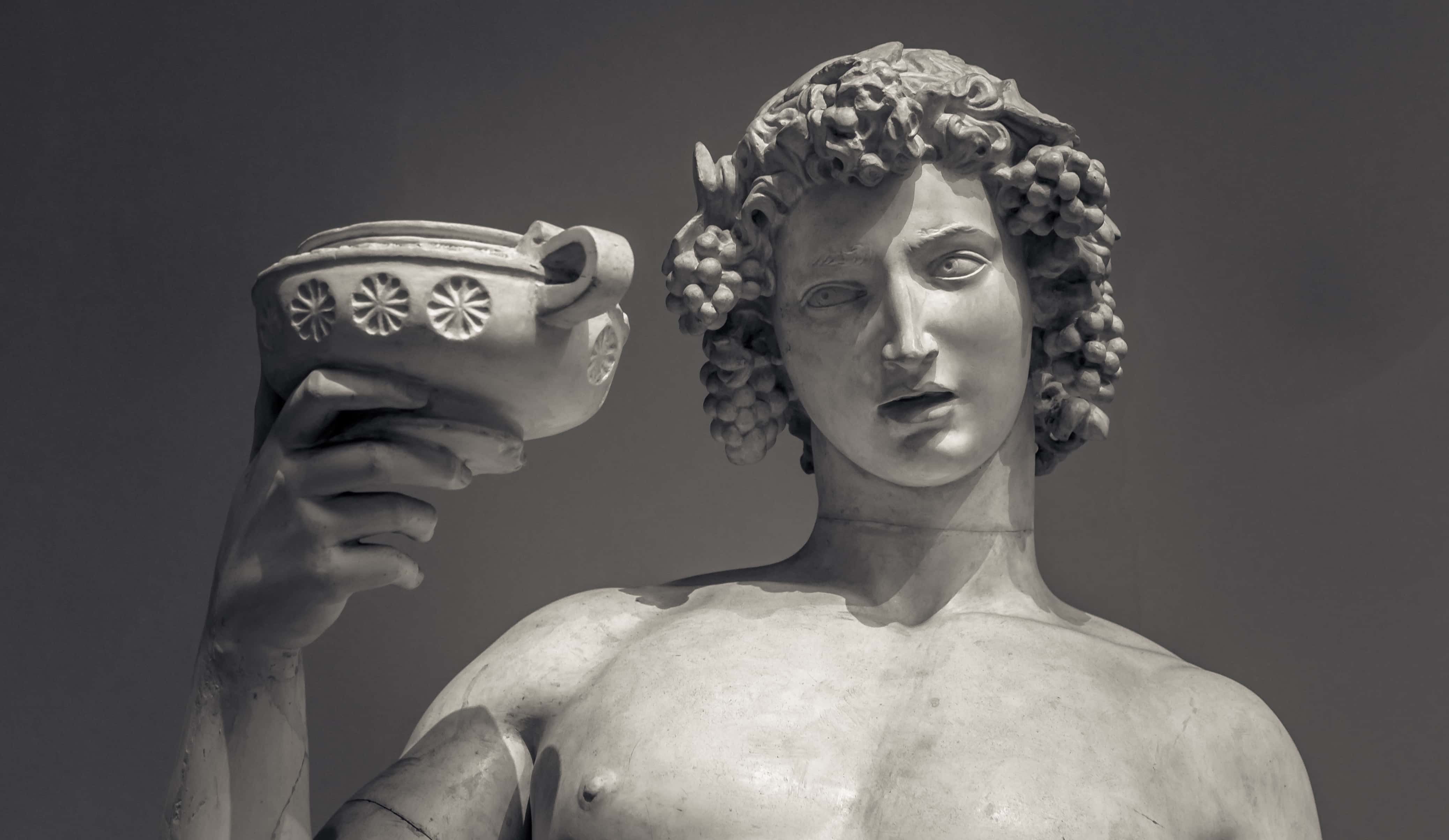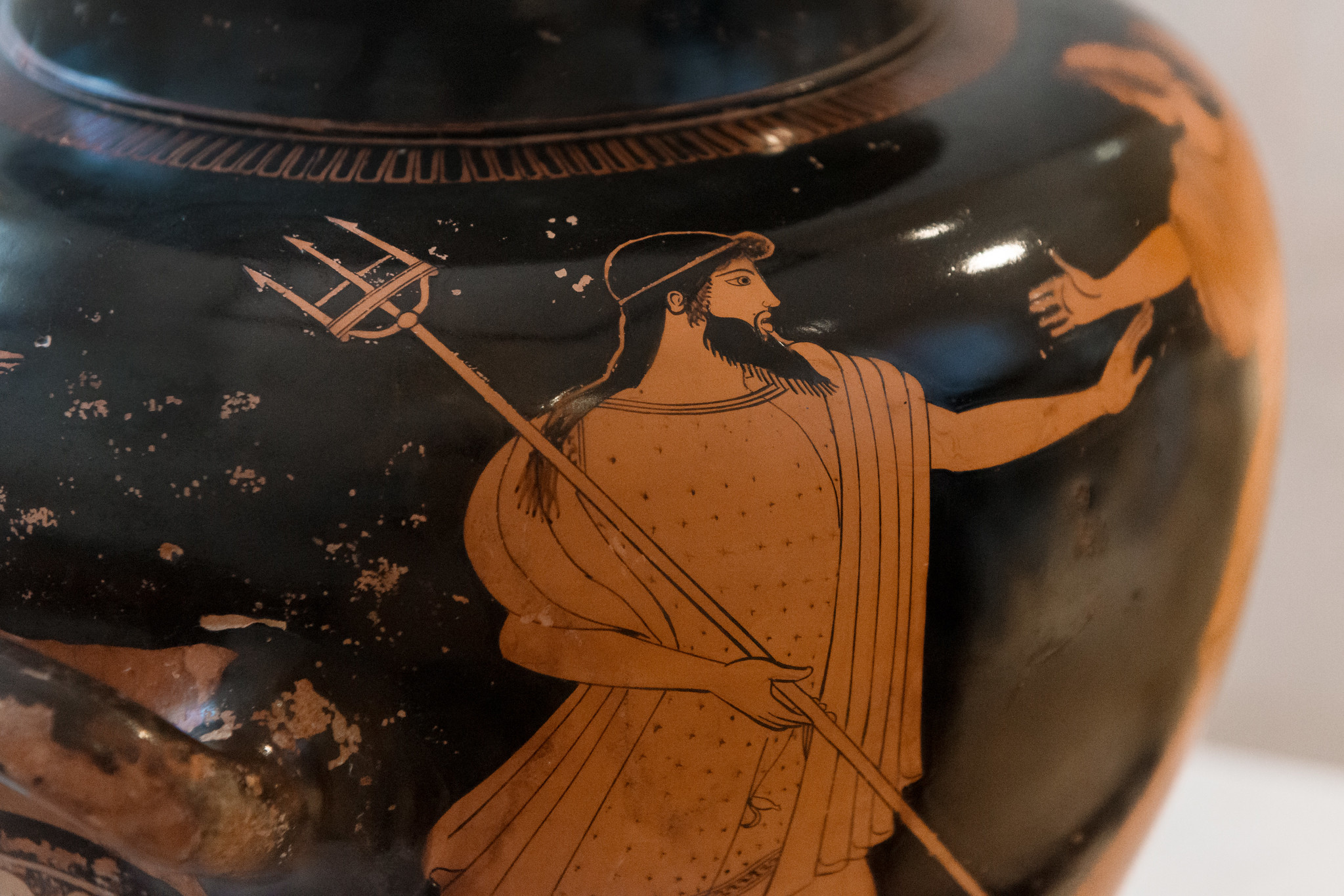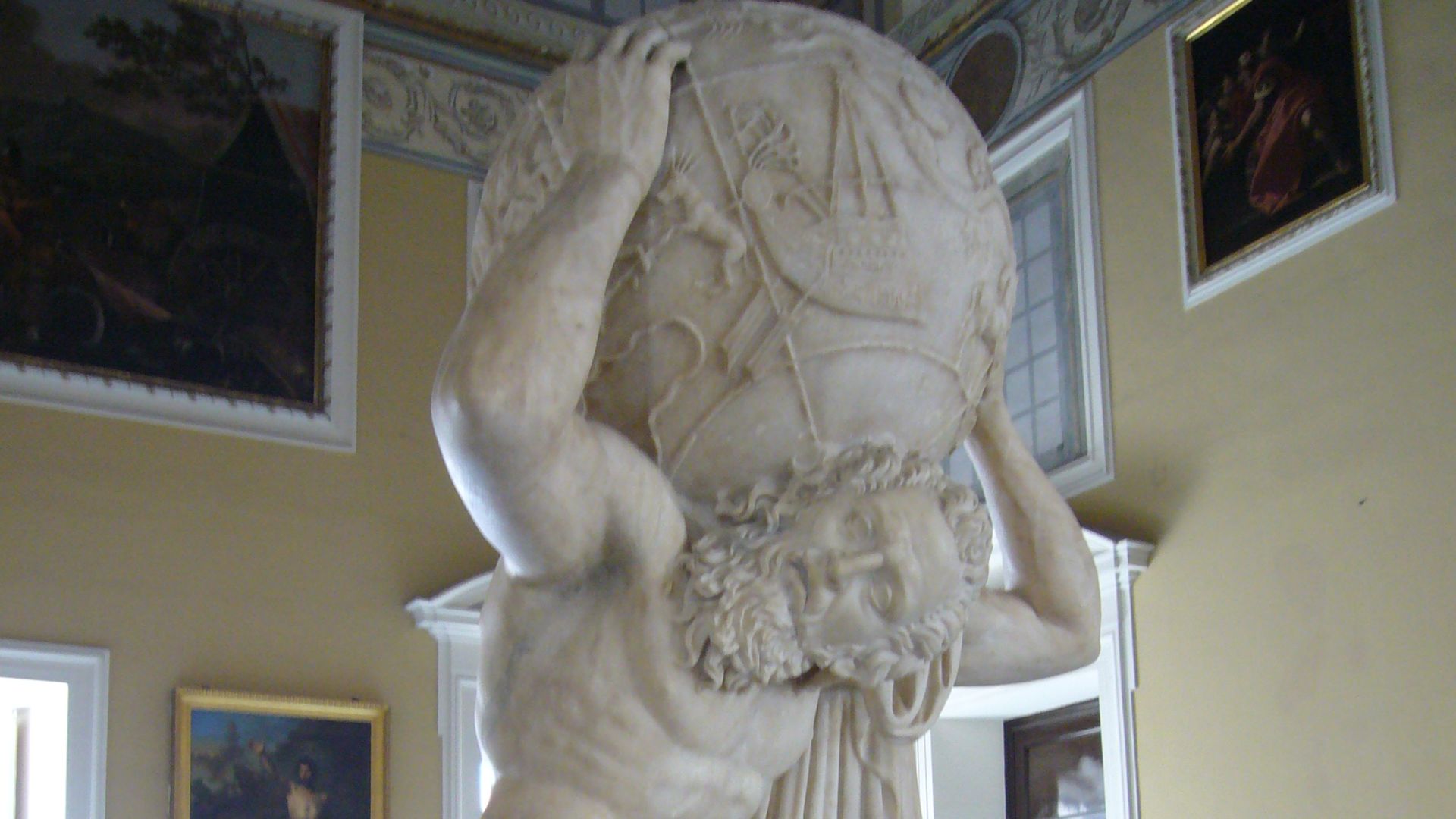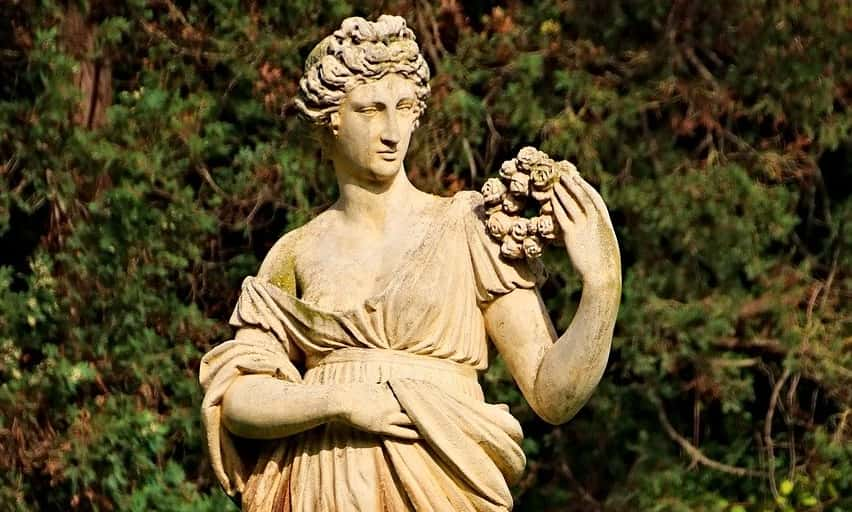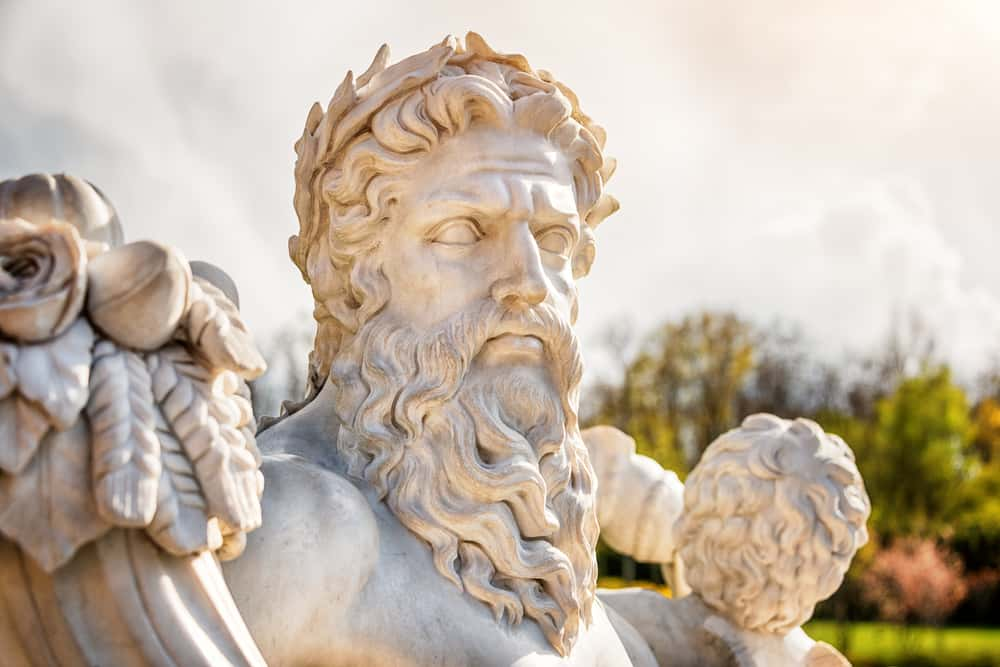The Greek civilization was one of the most influential in the history of the world. They gave us democracy, mathematics, philosophy, and (of course) their detailed and mind-bending mythology, which has been portrayed in films such as Clash of the Titans, Heracles, and Percy Jackson and the Olympians.
To this day, many people relate to the Greek gods because of their surprisingly human attitudes. Where more traditional religious figures we might be more familiar with (see: Jesus) are repeatedly shown to be almost unattainably well-meaning... the Greek gods never did seem to have that knock against them. Theirs are stories that feature sex, violence, revenge, and a whole manner of other undeified (and sometimes undignified) behavior.
Here are a few facts you may not have known about Greek mythology.
Greek Mythology Facts
31. Titans
The twelve Titans were understood by the Greeks as the 2nd generation of divine entities, having taken over control of the Earth from the primordial gods (who were apparently born out of nothing).
The Titans rose to power after Cronus overthrew their father, the primordial Uranus. Later, though, that act would be replicated by Zeus and the other Olympians, who fought a ten-year-long battle against Cronus and the Titans to eventually become the prevailing gods of the Greek universe.
As we said at the beginning: Greek Myths were messy affairs.
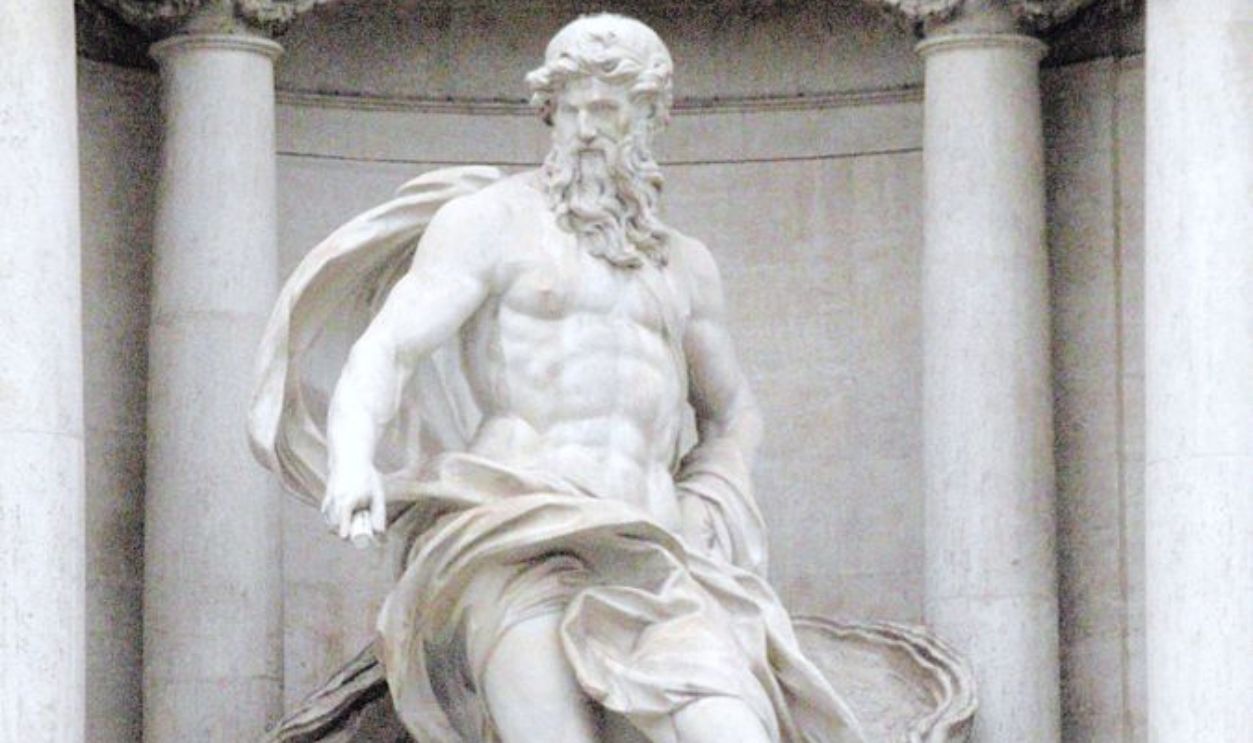 Infinitebistromathics, Wikimedia Commons
Infinitebistromathics, Wikimedia Commons
30. Aww Hell
As Lord of the Underworld, Hades gets treated as the Greek equivalent of the devil. But, in actuality, he got the job because he and his brothers drew straws and he got stuck with the underworld. Seriously, the story goes Hades drew lots with his brothers, Zeus and Poseidon, to decide which part of the world each would rule. Zeus received the sky, Poseidon the seas, and Hades the underworld.
 Pierre Granier, Wikimedia Commons
Pierre Granier, Wikimedia Commons
29. Covered All the Bases
Hades is not considered to be the equivalent of death, he just rules over the dead in his kingdom (the underworld). Thanatos, the god of peaceful death, brings people to the underworld and in that sense acts as death. Violent death was the domain of Thanatos' blood-craving sisters, the Keres, spirits of slaughter and disease.
 Carole Raddato, Wikimedia.Commons
Carole Raddato, Wikimedia.Commons
28. Don’t Look Back
Hades was considered to be quite fair. For example, when Orpheus descended to the underworld to get his bride, Hades was so moved that he agreed to let the woman go—on the condition that Orpheus not look back. Of course, Orpheus couldn't help himself... and in glancing back over his shoulder he broke the deal, and lost her. But, in fairness, that’s not really Hades’ fault.
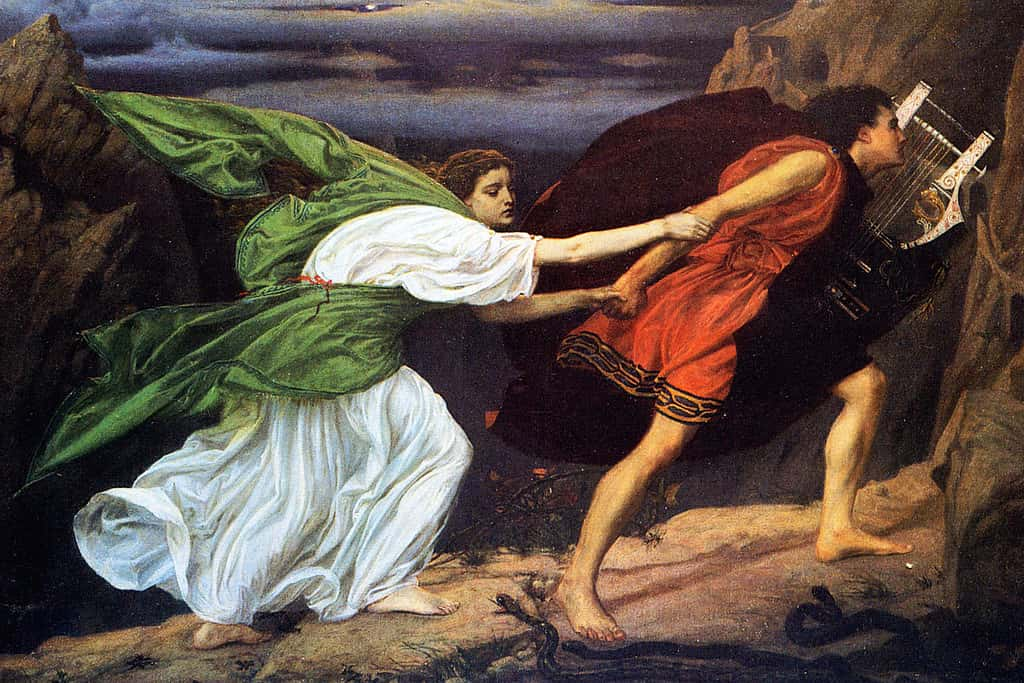 Royal Ballet and Opera, Flickr
Royal Ballet and Opera, Flickr
27. Location Location Location
Although Hades was a brother to both Zeus and Poseidon, he's typically not included in lists of the Olympians. As the resident deity of the Underworld, he's considered to be separate (but equal).
It's an interesting distinction. Because while Hades' dominion was death, and you might assume he'd be a villainous figure, he was given just as much credit for the overthrow of the Titans as were Zeus, Poseidon, and the other Olympians. Greeks may have feared him, but they also gave him his due respect.
26. He-Who-Must-Not-Be-Named
While Hades was the Lord of the Underworld, he wasn’t the one responsible for judging souls. That job fell to Minos, Aiakos, and Rhadamanthys, the demi-god ministers of Hades. So Hades wasn’t really the one the dead needed to suck up to.
That didn't stop everyday Greeks from considering Hades to be a terrifying figure. It was common practice to avert one's face when praying to him, and using his name while declaring an oath was considered incredibly barbaric. Eventually, using his name at all became a taboo, and various euphemisms became commonplace... much like how the characters in Harry Potter avoid mentioning... you know who.
"Why do we loathe Hades more than any god, if not because he is so adamantine and unyielding?" - Agamemnon
25. It’s the Thought that Counts
Athena and Poseidon both wanted to be the guardian of a certain city, so they had a gift-giving competition. Poseidon gave them a beautiful spring, but the water was salty and useless. Athena gave them an olive tree that gave food, oil, and wood. She won and the city became known as Athens.
Poor Poseidon. When you love the sea as much as he does, it must come as a pretty nasty shock to be reminded that, for example, humans can't actually drink salt water.
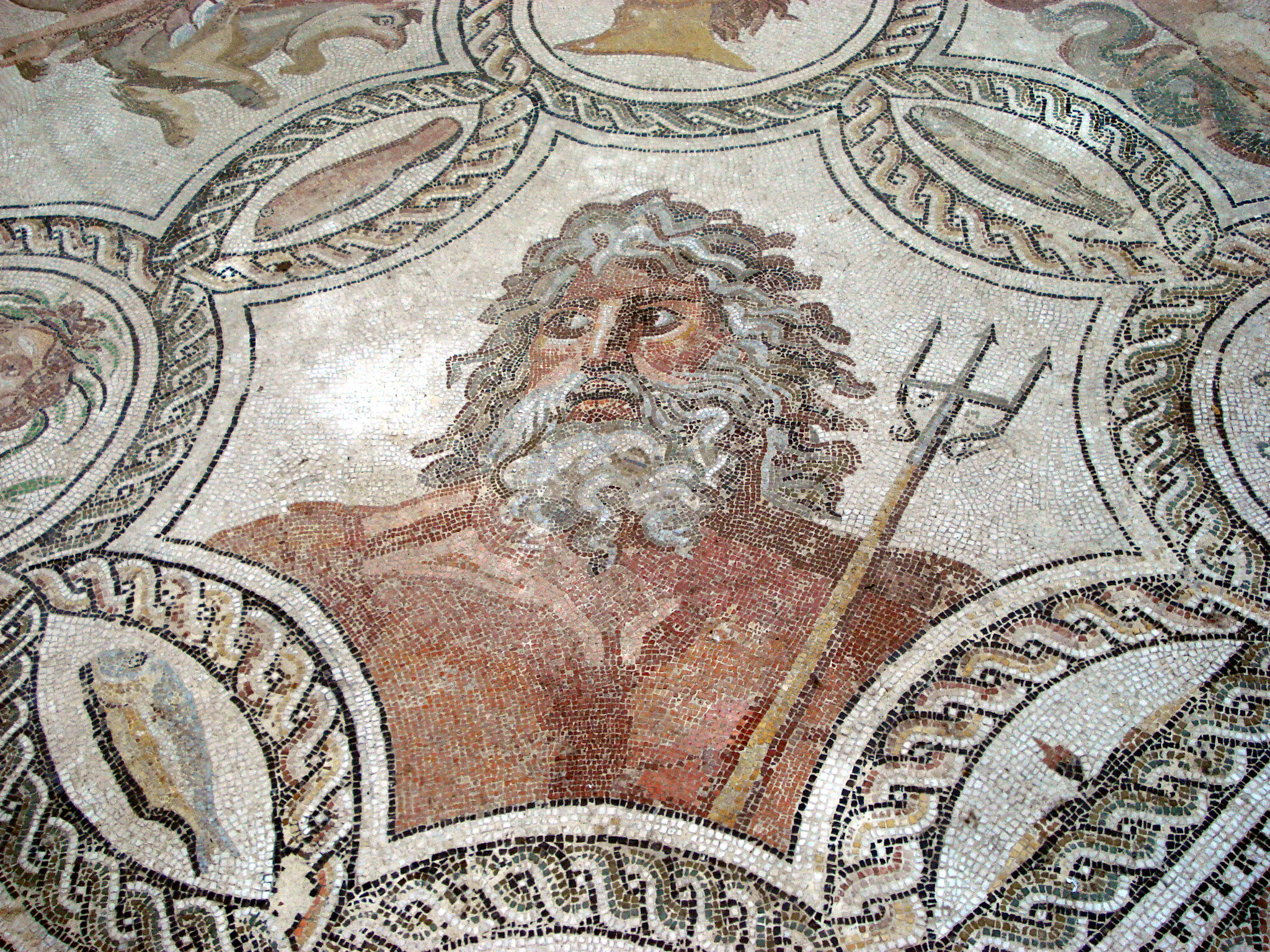 G.dallorto, CC BY-SA 2.5, Wikimedia Commons
G.dallorto, CC BY-SA 2.5, Wikimedia Commons
24. Hello! hello hello hello.
For a long time, a nymph named Echo had the job of distracting Hera from Zeus' affairs by leading her away and flattering her. When Hera discovered this, she cursed Echo to only repeat the words of others.
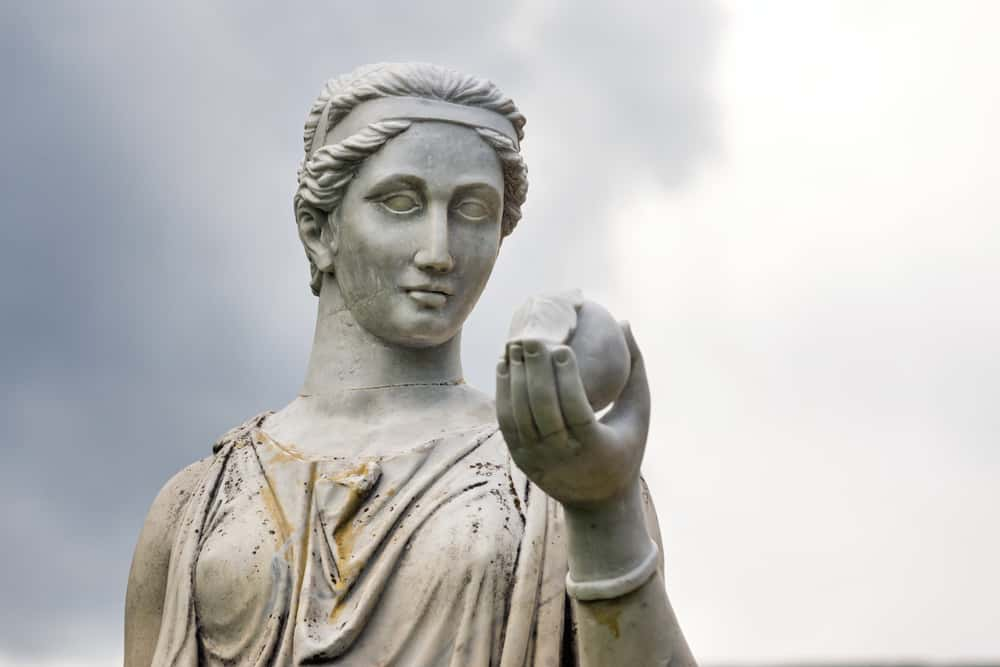 IMG Stock Studio, Shutterstock
IMG Stock Studio, Shutterstock
23. Flipper Mode On
Apollo is best known as the God of the Sun... but what's less commonly understood is that he also had a dolphin-like from, called Delphinius.
Once, as a dolphin, he commandeered a ship and sailed it to the coast of Delphi. The sailors onboard became the first priests there.
 Livioandronico2013, CC BY-SA 4.0, Wikimedia Commons
Livioandronico2013, CC BY-SA 4.0, Wikimedia Commons

History's most fascinating stories and darkest secrets, delivered to your inbox daily.
22. War, What is He Good For?
Although he is the God of War, Ares was also quite the coward and, as a result, his family hates him.
 Jacques-Louis David, Wikimedia Commons
Jacques-Louis David, Wikimedia Commons
21. Word from the Wise
Ares’ sister Athena shares his duties overseeing war. Ares personifies havoc and bloodshed while Athena’s place is as goddess of defense, strength, and righteous battle.
20. Quite the Chastity Belt
Artemis was the twin sister of Apollo and daughter of Zeus. As a young girl, she appealed to her father to allow her to remain a virgin for eternity, a wish that he granted. She was the goddess of the hunt, wild animals, wilderness, childbirth, virginity and protector of young girls, bringing and relieving disease in women; she often was depicted as a huntress carrying a bow and arrows.
 smerikal, CC BY-SA 2.0, Wikimedia Commons
smerikal, CC BY-SA 2.0, Wikimedia Commons
19. A Royal Jerk
While the stories of Theseus braving the Labyrinth and slaying the Minotaur are well known, less well-known are all the stories of how big of a jerk he was. He left Ariadne, the Princess who helped him escape the Labyrinth, on an island when she fell asleep. He forgot to hoist a red sail on his ship to signal his safety, prompting his father to think he had died and killed himself.
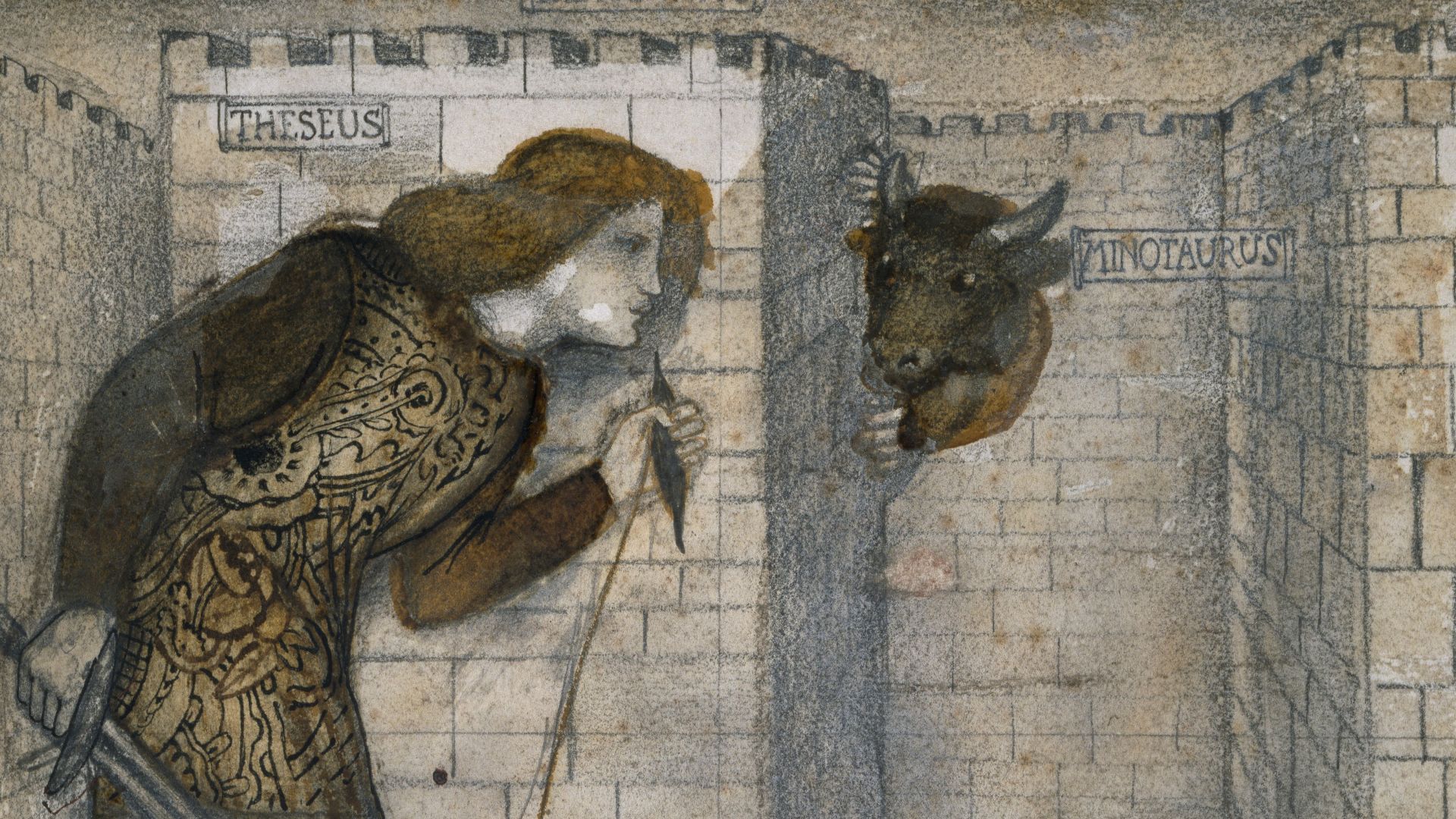 Edward Burne-Jones, Wikimedia Commons
Edward Burne-Jones, Wikimedia Commons
18. Choose Your Own Adventure
Depending on where you heard the story, Ariadne either had a happy ending by marrying the god Dionysus and being granted immortality, or she had a less than pleasant ending and was killed by Artemis for funsies. Either way, Theseus is a bit of a knob.
17. Don’t Look at Me!
One of the most popular Greek myths is that of Perseus and the Medusa. As many know, Medusa was a hideous woman with snakes for hair who turned anyone who looked at her into stone. Less known are Medusa’s sisters, Stheno and Euryale, who were equally hideous. Medusa was basically the Beyoncé of the Gorgons (evil monsters of the underworld).
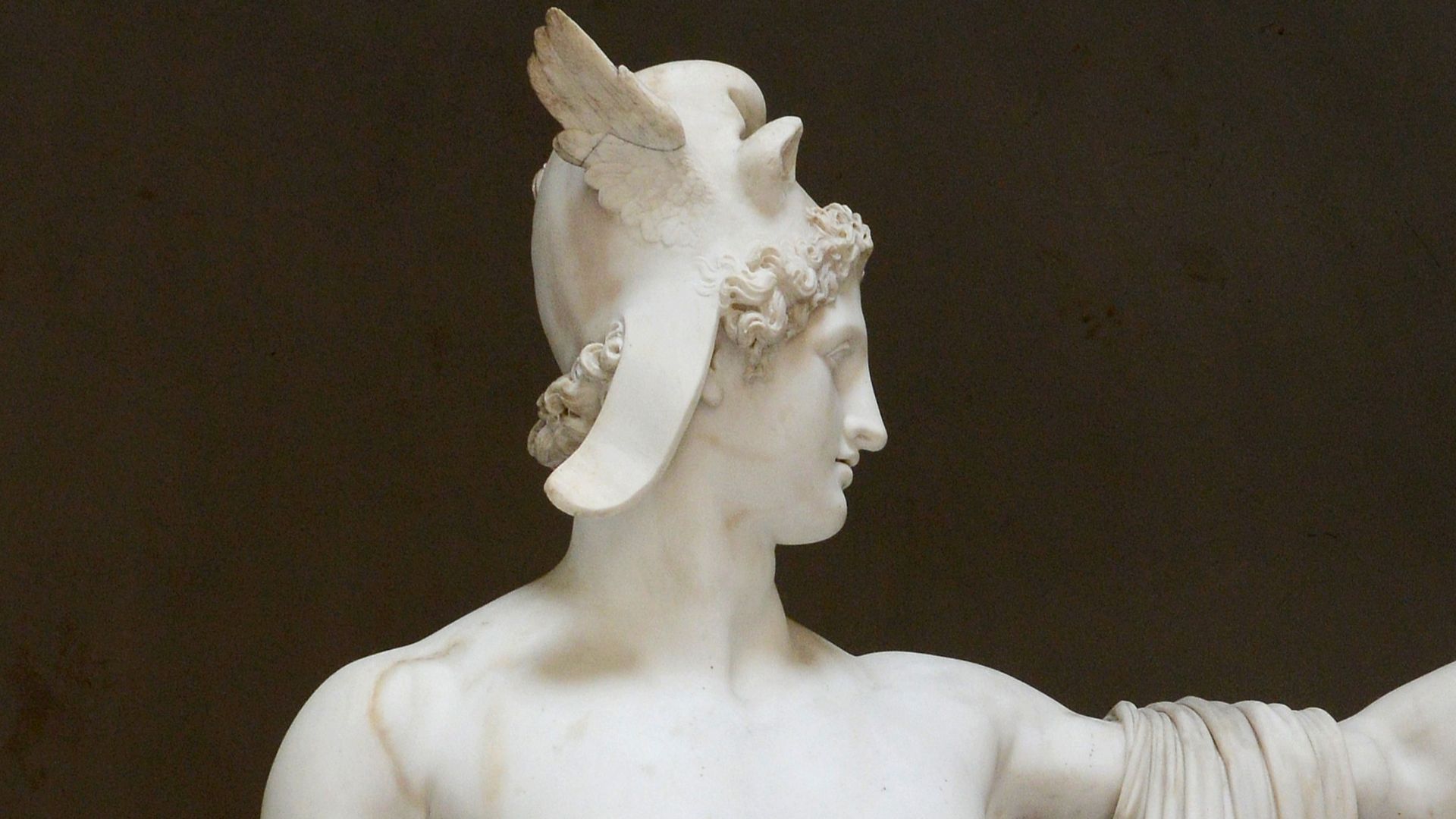 Alvesgaspar, Wikimedia Commons
Alvesgaspar, Wikimedia Commons
16. All in the Family
Medusa and her sisters were the daughters of Phorcys, a sea god, and his sister Ceto. In addition to the Gorgons, this lovely couple also had Echidna, a half woman, half-serpent monster. This is why incest is bad. You get monsters like the Gorgons, Echidna, and Joffrey.
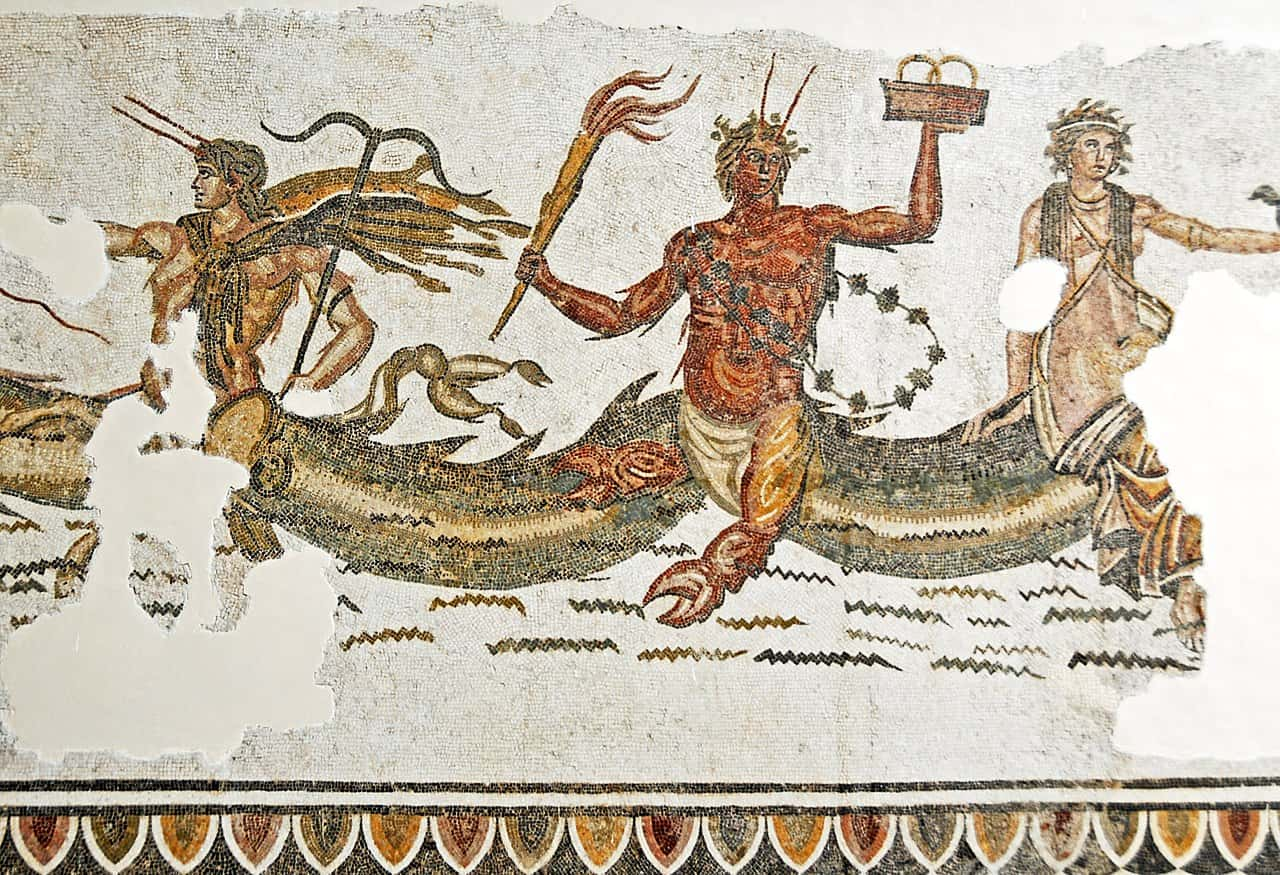 Dennis G. Jarvis, Wikimedia Commons
Dennis G. Jarvis, Wikimedia Commons
15. An Argument for Birth Control
Echidna ended up marrying Typhon, a hundred headed dragon, and their brood of horrifying children included the Nemean Lion, Cerberus, the many-headed hydra, a dragon, the Chimera, the Sphinx, and Scylla the sea monster.
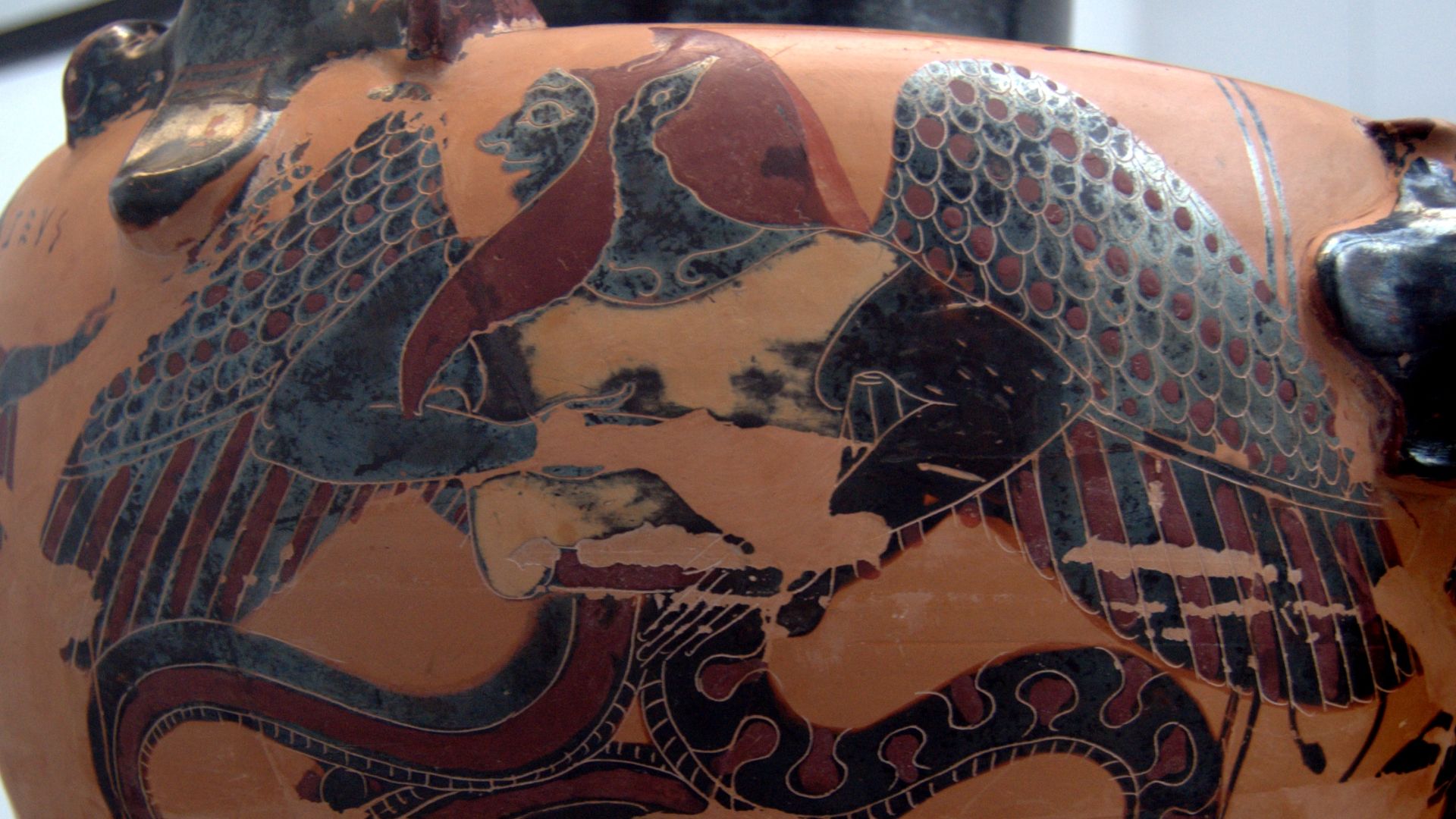 User:Bibi Saint-Pol, Wikimedia Commons
User:Bibi Saint-Pol, Wikimedia Commons
14. Ancestry.com
Zeus, Poseidon, and his siblings weren’t the first immortals. Or even the second. First came Chaos, then Gaia, then the Titans, who finally gave birth to the Olympian gods that most people know.
13. Hard to Swallow
Cronus, a titan, knew that the Olympians would eventually surpass him in power, so he swallowed them to keep that from happening. Rhea saved Zeus who later returned to free his siblings.
 Twice25 e Rinina25, CC BY-SA 3.0, Wikimedia Commons
Twice25 e Rinina25, CC BY-SA 3.0, Wikimedia Commons
12. Atlas Shrugged
Among the defeated Titans was Atlas, who is often depicted as holding up the Earth. This is, however, incorrect. Atlas’ punishment was to hold up the heavens.
11. Stop! Thief!
Prometheus molded the mortals (humans) from clay and kept stealing from the gods in order to benefit his creation. He stole the best meat from a sacrificial feast and then, of course, he stole fire and delivered it to the mortals. For his crimes, Zeus chained him to a rock and his liver is eaten daily by an eagle, only to be regenerated by night, due to his immortality. Years later, the Greek hero Heracles (Hercules in Roman mythology) slays the eagle and frees Prometheus from the eagle's torment.
 Heinrich Füger, Wikimedia Commons
Heinrich Füger, Wikimedia Commons
10. No Rib Required
According to Greek mythology, Pandora was the first mortal woman. She was also made by Zeus as a way to punish man for Prometheus’ insolent kleptomania.
 Charles Edward Perugini, Wikimedia Commons
Charles Edward Perugini, Wikimedia Commons
9. What’s in the Box?!
Pandora was famous for opening the box that released all the evils into the world. Pandora was also known as the grandmother of the human race. So what released more evil, Pandora or her box?
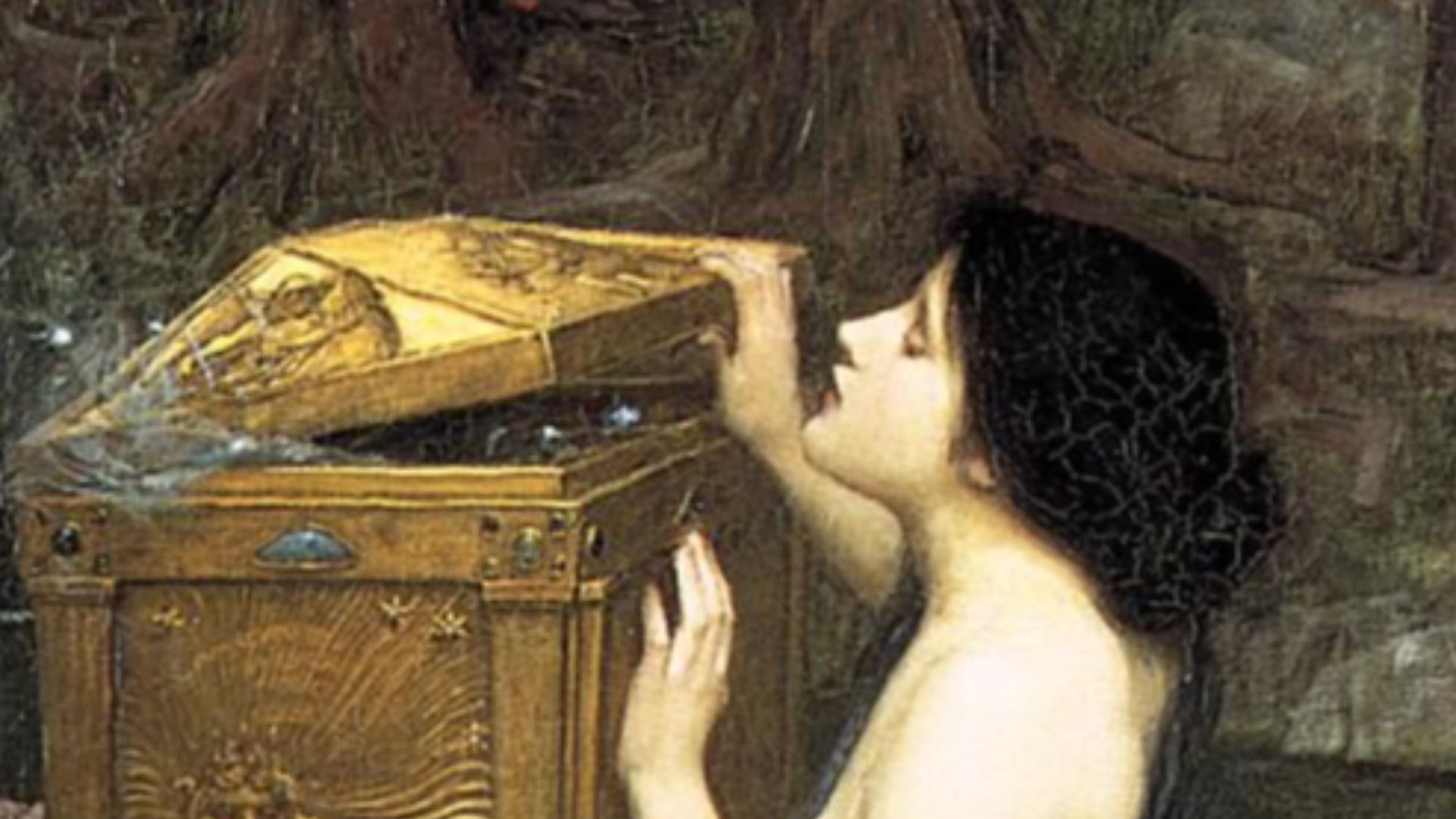 John William Waterhouse, Wikimedia Commons
John William Waterhouse, Wikimedia Commons
8. Always with the Floods
Pandora’s mortal daughter Pyrrha married the son of Prometheus, Deucalion. When the gods became disgusted by the mortals and sent a flood to wipe them out, Prometheus warned his son and daughter-in-law who survived by building an ark. They ended up repopulating the world.
 Peter Paul Rubens, Wikimedia Commons
Peter Paul Rubens, Wikimedia Commons
7. Love is a Battlefield
Though commonly known as the goddess of love and beauty, Aphrodite had an adulterous love affair with Ares, so she is also sometimes associated with war. This has been supported by statues and depictions of an armed Aphrodite.
6. No Bull
Heracles saved the city of Crete from a raging bull by seizing it by its horn. Some believe this is one of the possible origins of the phrase, “Taking the bull by its horns.”
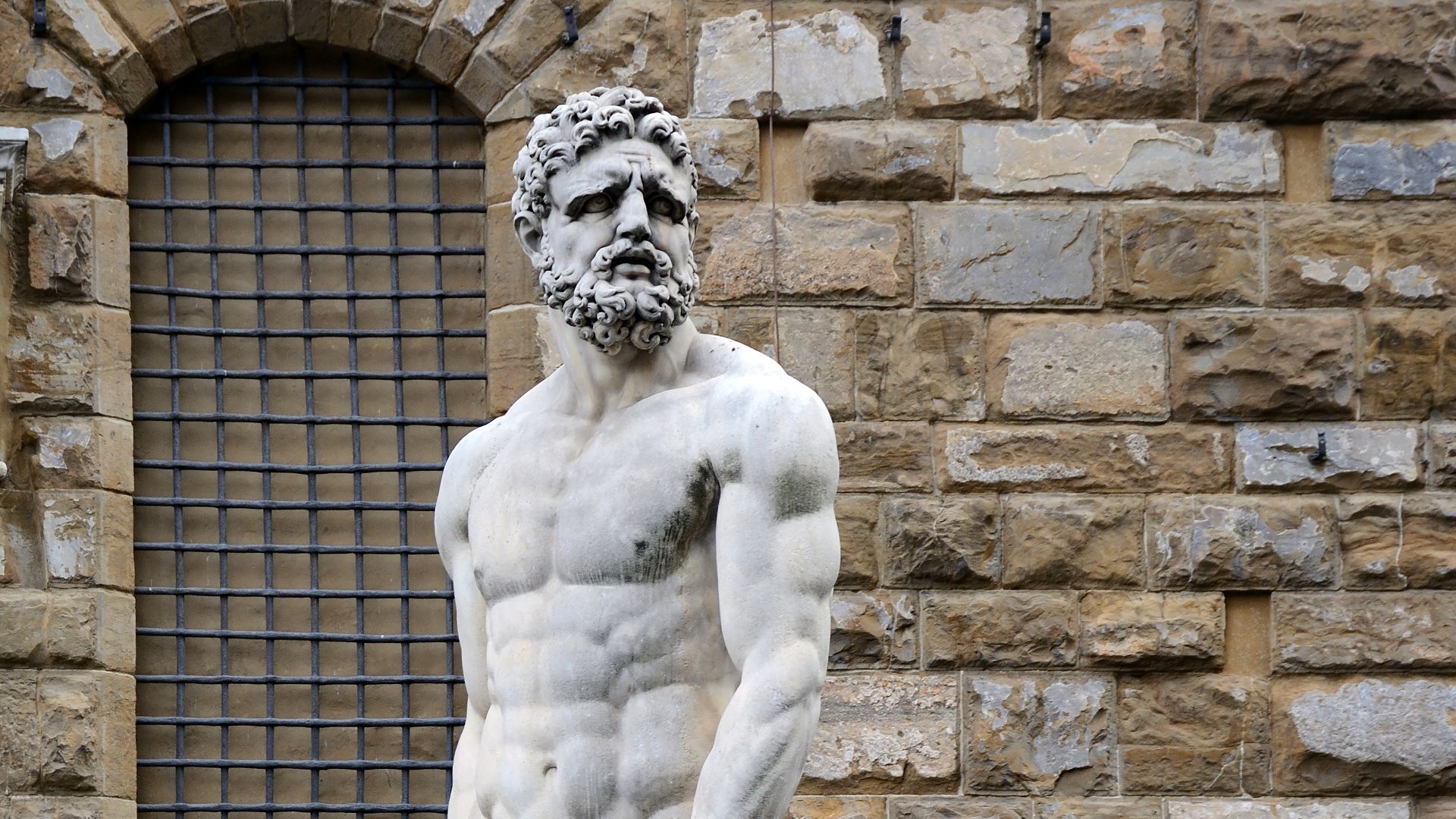 Livioandronico2013, Wikimedia Commons
Livioandronico2013, Wikimedia Commons
5. Bad Zeus.
Zeus was the father of the gods, and well-known for his sexual aggressiveness. His first wife, the Titan Metis, tried to get away by shapeshifting, but Zeus got her pregnant anyway with Athena.
 Jacob van der Ulft, Wikimedia Commons
Jacob van der Ulft, Wikimedia Commons
4. Hammer Time
Athena was born in Zeus’ head, after he swallowed her along with her mother, and had to be broken out of his head with a hammer.
 Louvre Museum, Wikimedia Commons
Louvre Museum, Wikimedia Commons
3. Really bad Zeus.
Hera, the sister of Zeus, is known for her jealousy. Even Zeus, who is known to fear nothing, feared her tantrums. Zeus fell in love with Hera but after she refused his first marriage proposal, Zeus created a thunderstorm and transformed himself into a little bird. Zeus pretended to be in distress and Hera, feeling pity towards the bird, brought it inside. Zeus then transformed back into himself and took seduced her. Hera, ashamed of being exploited, agreed to marriage with Zeus.
 Bgabel, CC BY-SA 3.0, Wikimedia Commons
Bgabel, CC BY-SA 3.0, Wikimedia Commons
2. Like an Animal
Zeus was also known for taking on animal form in order to get his way with other women. He wooed Persephone as a serpent, Asteria and Aignia as an eagle, Boetis as a goat, Europa as a bull, Eurymedousa as an ant, Phythia as a dove, and Leda as a swan.
1. Remix to Ignition
Zeus didn’t restrict himself to only animals. He seduced Danae by courting her as a shower of gold, impregnating her with the hero Perseus. Yes. He was a golden shower.
 Louvre Museum, Wikimedia Commons
Louvre Museum, Wikimedia Commons

